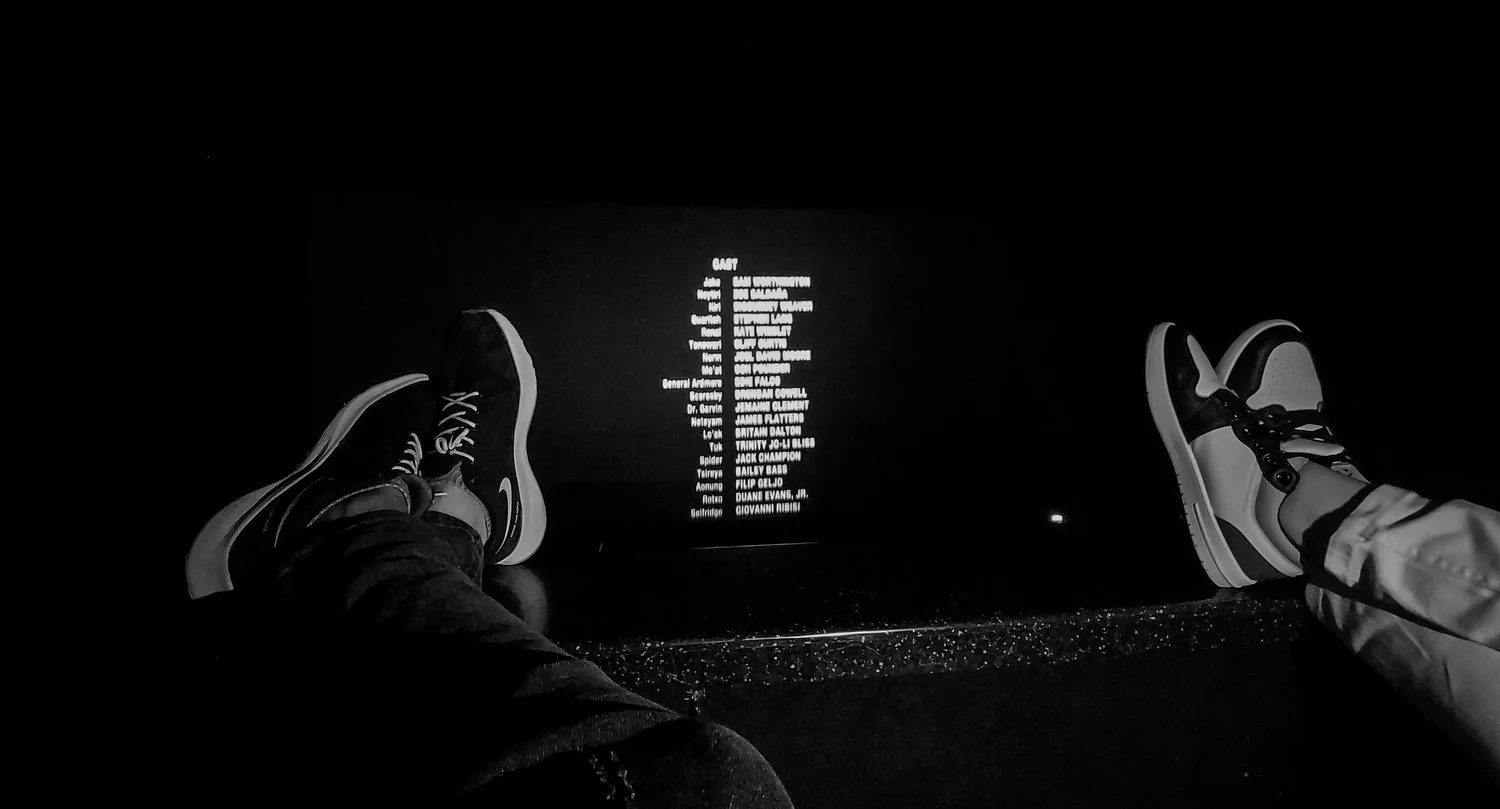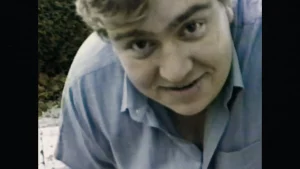Image: https://unsplash.com/photos/a-black-and-white-photo-of-a-persons-feet-on-a-wall-ttlKMa3Cm5k
You’re not only a big fan of betting Online Casino but also a movie lover. What do you think about the fact that at the end of some films you’re left puzzled, wondering how it all actually ended?
These days, movies often end in such a way that the audience sits there wide-eyed thinking: “Wait… what just happened?” Some people leave the theater thrilled — glad they’ve got something to puzzle over. Others rush online to look up “explained ending of…”. And then there are those who decide: “Nope, I’m not even watching movies like that.” Let’s dig into why filmmakers love these confusing endings, why audiences crave explanations, and whether those “explainers” are right or just sharing their own take.
Why Do Audiences Want Explanations?
The internet is flooded with articles and videos titled “Ending of this movie explained.” It’s become a genre of its own — critics and bloggers breaking down every scene, pointing out hidden symbols, and telling us what the director “really” meant.
And the reason is simple: we live in an age of short attention spans. There’s too much information everywhere, and not everyone has the time (or patience) to watch a movie carefully from start to finish. Many people watch while scrolling on their phones, so it’s easy to miss details that turn out to be crucial. Meanwhile, directors often hide the meaning in small details. No wonder people need a “translator” afterwards.
There’s also a psychological need for closure. We want clear answers: who’s guilty, what happened, and how it all ended. But when the movie gives us hints instead of certainty, our brains itch for someone to spell it out.
Why Are There So Many Open Endings?
First, it’s a trend. What used to be a fresh, bold move has now become almost the standard. Directors feel that an ambiguous ending automatically makes their work look “smart” and “deep.”
Second, it keeps people talking. A clear ending sparks maybe a five-minute discussion before being forgotten. But a mysterious one creates debates, fan theories, YouTube essays, and endless Reddit threads. That kind of buzz makes a film last much longer in pop culture.
Finally, many directors genuinely believe that art shouldn’t hand you all the answers. For them, an open ending is a way to invite the viewer to join in the storytelling — each person builds their own version of what really happened.
Are the “Explainers” Actually Right?
That’s the tricky part. On one hand, critics can really help by pointing out things the casual viewer missed — a line of dialogue, a color pattern, or a hidden shot. These details might unlock the intended meaning.
But on the other hand, almost every explanation is subjective. Even if a director gave an interview saying, “I meant it this way,” interpretations still vary wildly. Just like with books, there is rarely one single “correct” answer.
Sometimes fans even invent interpretations that the filmmaker never thought of — but they still make sense. And that’s okay. That’s the beauty of art: it’s open to personal meaning.
Do Audiences Actually Like This?
Reactions are mixed.
Puzzle lovers enjoy it. They love digging, theorizing, and arguing online. For them, a mysterious ending is like an invitation to play.
Casual viewers who just want to relax often find it annoying. They turn on a movie at night to unwind, not to get a mental workout. For them, it feels frustrating.
People with short attention spans or ADHD often avoid these films entirely. They already find it hard to follow every detail, and a vague ending feels like punishment. Naturally, they prefer straightforward stories.
So, cinema today is split: some audiences are thrilled by complexity, while others miss simple, satisfying conclusions.
So, Should Endings Be Explained?
You could say explanations are useful — but not for everyone. For some, they’re essential, turning nonsense into clarity. For others, they’re just an extra layer of fun. But explanations are always subjective.
A movie’s ending is like a mirror: one viewer sees tragedy, another sees hope, another sees just random images. And in their own way, they’re all right.
The real goal of cinema is to make us feel and think. Whether the ending is crystal clear or totally baffling is secondary. Though, of course, directors should remember: not everyone wants movie night to feel like an exam in concentration.
In short: the trend of cryptic endings isn’t going away anytime soon. But audiences still have a choice — look up explanations, come up with their own, or simply pick films with clear endings. After all, movies are meant to be enjoyed, not treated like an IQ test.



